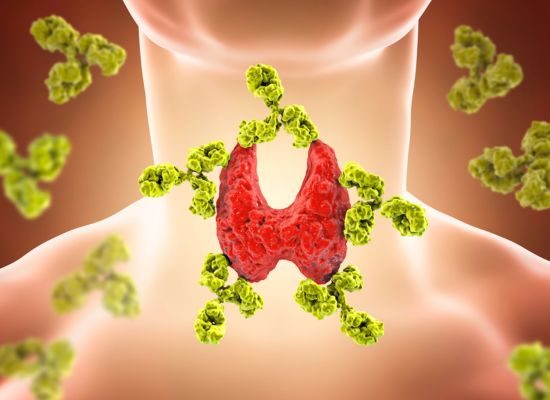- About
- Obs and Gynae
- OBS
- Prenatal Counselling
- Antenatal Care
- Normal Labour & Delivery
- Cesarean Delivery
- Postpartum care
- High risk pregnancy management
- Management Of Recurrent Pregnancy Losses
- Management Of Multiple Pregnancy (Twins, Triplets, Etc)
- VBAC (Vaginal Birth After Cesarean)
- Ectopic Pregnancy Management
- Contraceptive & Family Planning Services
- Gynae
- OBS
- Infertility
- Cosmetic Gynecology
- Vulvovaginal & Intimation Health
- Hymenoplasty
- Pleasure shot
- K-Shot (Kamasutra shot)
- G-spot augmentation
- Mommy makeover
- Vaginal tightening
- Perineoplasty
- Clitoral hood reduction
- Cleft narrowing
- Treatment of Vaginismus
- Treatment of labial fusion & Lichen Sclerosus
- Treatment of Donpersate hymen
- PRP in Vulvovaginal Area
- Botox
- Fillers
- Vulva lightening / Chemical peeling
- Urinary Leakage Treatment
- Breast Cosmetics
- Vulvovaginal & Intimation Health
- Contact
- FAQ

